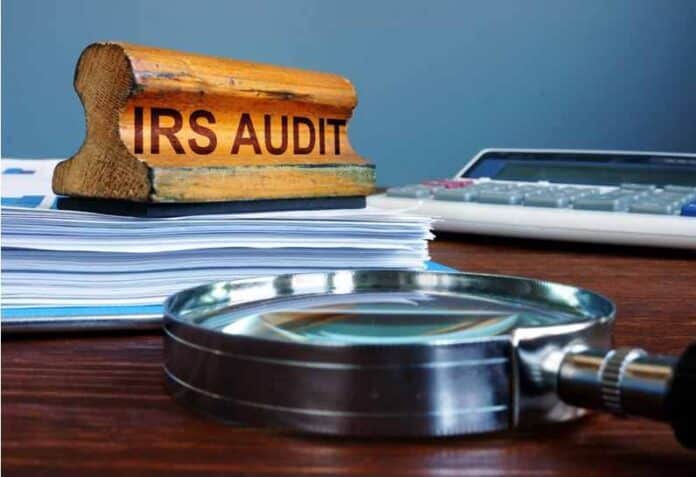
Financial audits are necessary for making valuable assessments of a businesses’ finances.
A restructure can help with maximizing profits and create better conditions for optimized performance.
If you’re a small business owner concerned with smart management, take a look at our guide for conducting a financial audit.
What is a Financial Audit?
A financial audit is an annual review of business finances conducted over the year.
Undertake internally or by a reputable accounting firm, it assesses a company’s financial health by looking at its accounting and internal practices.
Let’s take a look at how best to prepare for a financial audit.
Step One: Prepare Your Documents
This is never something you should leave until the last moment.
Good record keeping is helpful for any business ownership and should be implemented from day one.
Working with an accounting firm can take a lot of the stress off a company.
Avitus Group services are the best accounting firm in the San Diego area for all your financial audit needs. Click the link to learn more about their financial audit packages.
Once you’ve chosen an accounting firm, a member of your finance or admin department should work with them to provide all the relevant documentation.
A clear and open line of communication is key when working with an accounting firm. There shouldn’t be any nasty surprises when it comes to the final steps of an audit.
Step Two: Learn from Previous Audits
Past data is critical when it comes to financial audits. You can see trends and patterns emerging, especially if it’s an area that needs improving.
Using this data and information is ideal for restructuring practices and the work environment. It ensures that past mistakes are not recurring, and if they are, what can be done to fix them.
Step Three: Conform to any Tax Law Changes
Tax laws are subject to changes and fluctuations. The important thing is to respond to these changes and amend any financials or tax relief that need doing.
You don’t need to be a tax expert, however, you do need to recognize that laws won’t always stay the same.
If you’re working with an accounting firm, they will be able to recommend or highlight any areas that need amending.
Step Four: Organize the Data and Evaluate the Results
The data that you collect needs to be orderly consistently and in the same manner. Headings can be split into the following categories:
- payables
- expenses
- cash
- fixed assets
- revenue
- receivables
- debts
- investments
Once you have classified the data, this can be helpful in establishing the financial health of your business.
Evaluating the data is the next step. Meet with your auditors and team to discuss the data and findings.
This will give you a clear indication of the areas in which you need to improve. Once these have been identified, an action plan is made.
Holding a Financial Audit: The Run Down
A financial audit should be a yearly occurrence for any small business owner.
Your financial health should be regularly assessed, and strategies put in place for making your business even more efficient.

